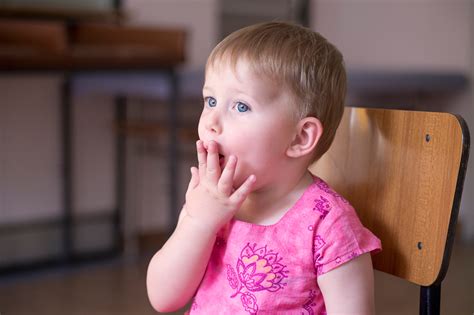
Whooping cough
Published Date: 6/17/2023 6:06:52 AM
- Whooping cough (pertussis) is a highly contagious respiratory tract infection, that is easily preventable by vaccine.
- Whooping cough is particularly dangerous for infants.
- Besides a cough that sounds like "whoop", symptoms include a runny nose, nasal congestion, and sneezing.
- Treatment includes antibiotics.
Symptoms:
Once you become infected with whooping cough, it takes about seven to 10 days for signs and symptoms to appear, though it can sometimes take longer. They're usually mild at first and resemble those of a common cold:
- Runny nose
- Nasal congestion
- Red, watery eyes
- Fever
- Cough
After a week or two, signs and symptoms worsen. Thick mucus accumulates inside your airways, causing uncontrollable coughing. Severe and prolonged coughing attacks may:
- Provoke vomiting
- Result in a red or blue face
- Cause extreme fatigue
- End with a high-pitched "whoop" sound during the next breath of air
- However, many people don't develop the characteristic whoop. Sometimes, a persistent hacking cough is the only sign that an adolescent or adult has a whooping cough.
- Infants may not cough at all. Instead, they may struggle to breathe, or they may even temporarily stop breathing.
When to see a doctor:
Call your doctor if prolonged coughing spells cause you or your child to:
- Vomit
- Turn red or blue
- Seem to be struggling to breathe or have noticeable pauses in breathing
- Inhale with a whooping sound
Causes:
- Whooping cough is caused by a type of bacteria called Bordetella pertussis. When an infected person coughs or sneezes, tiny germ-laden droplets are sprayed into the air and breathed into the lungs of anyone who happens to be nearby.
Probable Cause:
- A desire to bark at the world. "See me! Listen to me!"
New thought pattern:
- I am noticed and appreciated in the most positive ways. I am loved.
Treatment:
- Treatment includes antibiotics.
- The best way to prevent whooping cough is with the pertussis vaccine, which doctors often give in combination with vaccines against two other serious diseases - diphtheria and tetanus. Doctors recommend beginning vaccination during infancy.
The vaccine consists of a series of five injections, typically given to children at these ages:
- 2 months
- 4 months
- 6 months
- 15 to 18 months
- 4 to 6 years